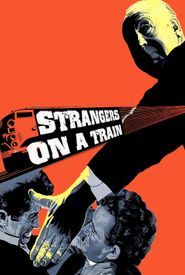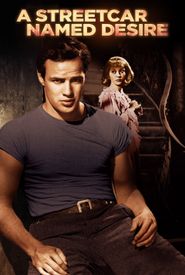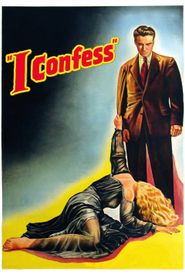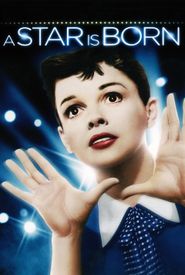Ray Heindorf, a renowned American songwriter, composer, conductor, and arranger, emerged onto the scene on August 25, 1908, in the picturesque town of Haverstraw, New York. As a young individual with a passion for music, he began his illustrious career as a pianist in a movie house in Mechanicville, honing his skills and laying the groundwork for his future success.
As his talent and expertise continued to flourish, Heindorf made the bold decision to relocate to the vibrant city of New York in 1928, where he embarked on a new chapter in his life as a musical arranger. This pivotal move proved to be a turning point in his career, paving the way for his eventual rise to prominence in the world of music.
Undeterred by the allure of the bright lights and bustling streets of Hollywood, Heindorf seized the opportunity to take his talents to the West Coast, where he secured his first job as an orchestrator at MGM. His debut project, the 1929 film "Hollywood Revue of 1929", served as a testament to his burgeoning skill and artistry, marking the beginning of a long and illustrious career that would leave an indelible mark on the world of music.
Following the culmination of his tenure at MGM, Heindorf embarked on a new professional chapter at Warner Bros., where he devoted nearly four decades of his life to creating, orchestrating, and leading musical compositions and arrangements, exclusively for the esteemed studio.
Noted composer and musical director, Heindorf, was responsible for the iconic score of Judy Garland's comeback film, "A Star is Born", released in 1954. His impressive work on the film did not go unnoticed, as he made a memorable cameo appearance, receiving praise from Jack Carson's character for his exceptional musical composition.
Noted film composer and conductor Heindorf garnered an impressive eighteen Academy Award nominations throughout his illustrious career, with a remarkable seventeen of those nominations being for Best Score, and a single nomination for Best Song. His dedication to his craft ultimately led to him claiming three coveted awards, all in the esteemed category of Best Score of a Musical, for his outstanding work on the iconic films "Yankee Doodle Dandy", "This is the Army", and "The Music Man". Heindorf's remarkable consecutive wins for the first two films marked a historic milestone, making him the first to achieve this feat in the musical category, a testament to his unwavering talent and dedication to his craft.
The life of the esteemed Heindorf came to a close on February 3, 1980, as he departed this mortal coil at the ripe age of 71, leaving behind a legacy of remarkable achievements in the world of music. His passing occurred in Tarzana, California, a city that would forever be linked to his remarkable story. As a testament to his enduring spirit, Heindorf's final resting place holds a special significance, as he was laid to rest with his trusty conducting baton, a symbol of his unwavering dedication to his craft.





















